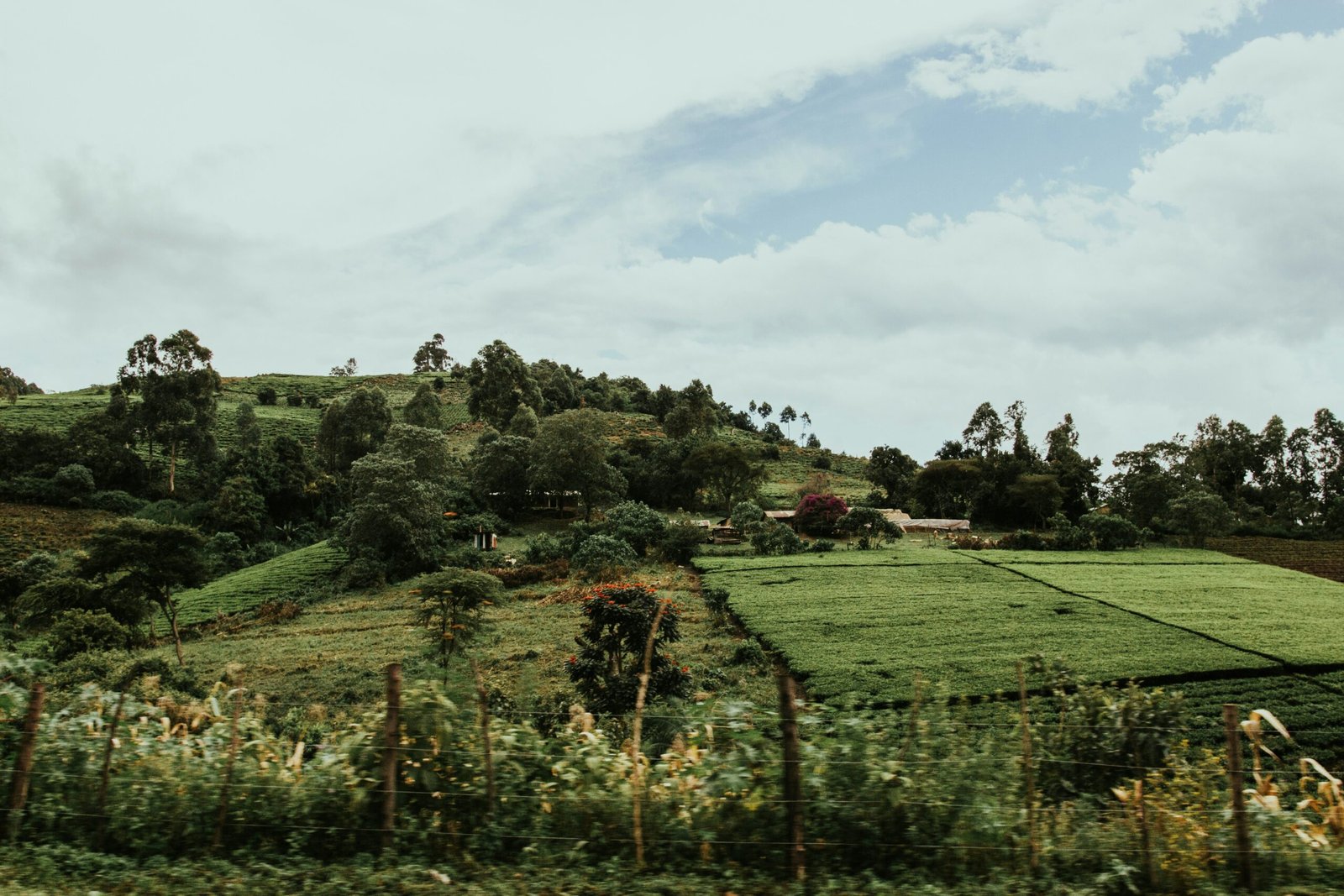What Sets Kenyan Tea Apart?
When it comes to tea, Kenya is a country that stands out for its exceptional quality and flavor. Kenyan tea has gained a reputation for being one of the best in the world, and for good reason. In this article, we will explore what makes Kenyan tea so amazing.
The Ideal Climate and Geography
One of the key factors that contribute to the exceptional taste of Kenyan tea is the country’s ideal climate and geography. Kenya is located near the equator, which provides the perfect conditions for tea cultivation. The high altitude, fertile soil, and abundant rainfall create an ideal environment for tea plants to thrive.
The tea-growing regions in Kenya, such as the Kericho and Nandi Hills, are known for their cool temperatures and well-distributed rainfall throughout the year. These conditions result in slow growth and a longer growing season, allowing the tea leaves to develop their unique flavors.
The Varieties of Kenyan Tea
Kenya is known for producing a wide variety of teas, each with its own distinct characteristics. The most popular types of Kenyan tea include black tea, green tea, and purple tea.
Black tea is the most common type of tea produced in Kenya. It is known for its bold and robust flavor, with a rich and deep amber color. Kenyan black tea is often described as full-bodied with a malty flavor and hints of fruitiness.
Green tea, on the other hand, is known for its fresh and grassy flavor. It is made from unoxidized tea leaves, which are carefully picked and immediately steamed or pan-fried to preserve their natural flavors. Kenyan green tea is known for its bright green color and delicate taste.
Purple tea is a unique variety that is native to Kenya. It gets its name from the purple pigmentation of its leaves. Purple tea is known for its high levels of antioxidants and anthocyanins, which give it a distinct flavor and health benefits.
The Tea Production Process
Another factor that contributes to the amazing taste of Kenyan tea is the meticulous production process. From the harvesting of the tea leaves to the packaging of the final product, every step is carefully executed to ensure the highest quality.
Tea leaves in Kenya are hand-picked, ensuring that only the top two leaves and a bud are plucked. This selective picking method ensures that the leaves are at their freshest and most flavorful. After picking, the leaves are immediately taken to the processing facility.
The processing of Kenyan tea involves several steps, including withering, rolling, fermentation, and drying. Each step is crucial in developing the unique flavors and aromas of the tea. The tea leaves are withered to reduce moisture content, rolled to break down the cell walls and release the essential oils, fermented to develop the flavors, and finally dried to preserve the tea’s quality.
Fair Trade and Sustainability
Kenyan tea is not only known for its exceptional taste but also for its commitment to fair trade and sustainability. Many tea estates in Kenya are Fairtrade certified, which ensures that the tea workers receive fair wages and work in safe conditions.
In addition, Kenyan tea estates are dedicated to sustainable farming practices. They prioritize the conservation of natural resources, such as water and soil, and promote biodiversity by preserving forests and wildlife habitats. These sustainable practices not only benefit the environment but also contribute to the overall quality of the tea.
Conclusion
In conclusion, Kenyan tea is truly amazing due to a combination of factors. The ideal climate and geography, the varieties of tea, the meticulous production process, and the commitment to fair trade and sustainability all contribute to the exceptional taste and quality of Kenyan tea. Whether you prefer black, green, or purple tea, a cup of Kenyan tea is sure to delight your taste buds and leave you wanting more.

